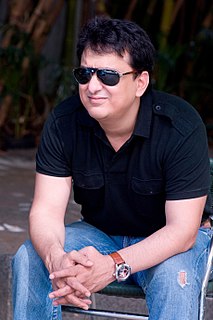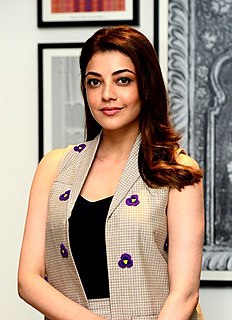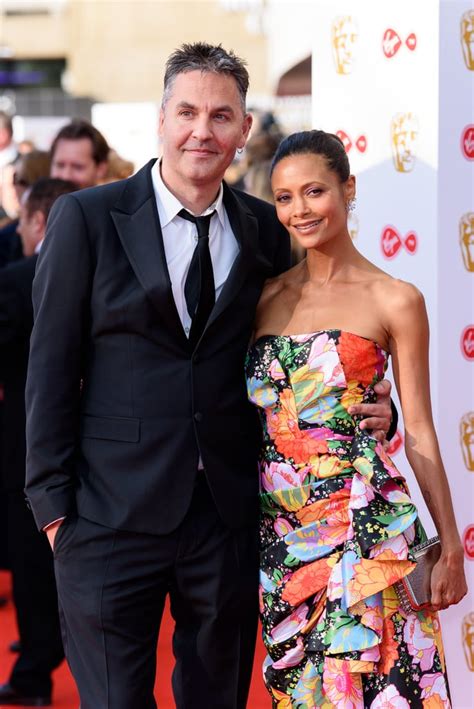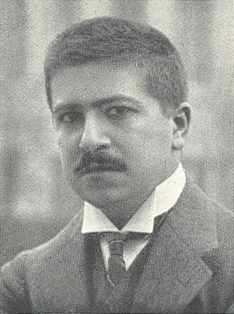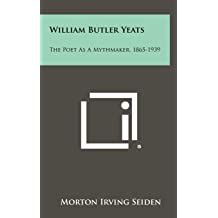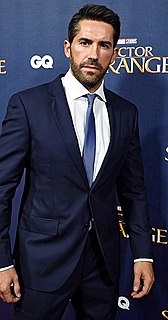A Quote by Sajid Nadiadwala
My only problem is that I'm too sensitive about my movies. I feel each of them has to work and consider every film as my last one.
Related Quotes
Consider a movie: it consists of thousands upon thousands of individual pictures, and each of them makes sense and carries a meaning, yet the meaning of the whole film cannot be seen before its last sequence is shown. However, we cannot understand the whole film without having first understood each of its components, each of the individual pictures. Isn't it the same with life? Doesn't the final meaning of life, too, reveal itself, it at all, only at its end, on the verge of death?
I'm sure there are people in Hollywood, whose main drive in film is to make money, who will feel that any use of the word hijacking or any reference to anything violent or remotely associated with the terrible tragedy that occurred will lose customers for them. And that will be the only criterion that will matter and so they'll force the minions that work for them to remove these things from their movies, or not make movies about that subject.
More than my other films, Uncle Boonmee is very much about cinema, that's also why it's personal. If you care to look, each reel of the film has a different style - acting style, lighting style, or cinematic references - but most of them reflect movies. I think that when you make a film about recollection and death, you have to consider that cinema is also dying - at least this kind of old cinema that nobody makes anymore.
Basically, actors arrive in a bubble. They have a little sealed bubble around them and it's basically [comprised of] their agents, their last film, their next film, their press agent, and their per diems - all these things, they cocoon themselves with and you have to puncture that bubble on each of them to make them be in your film.
